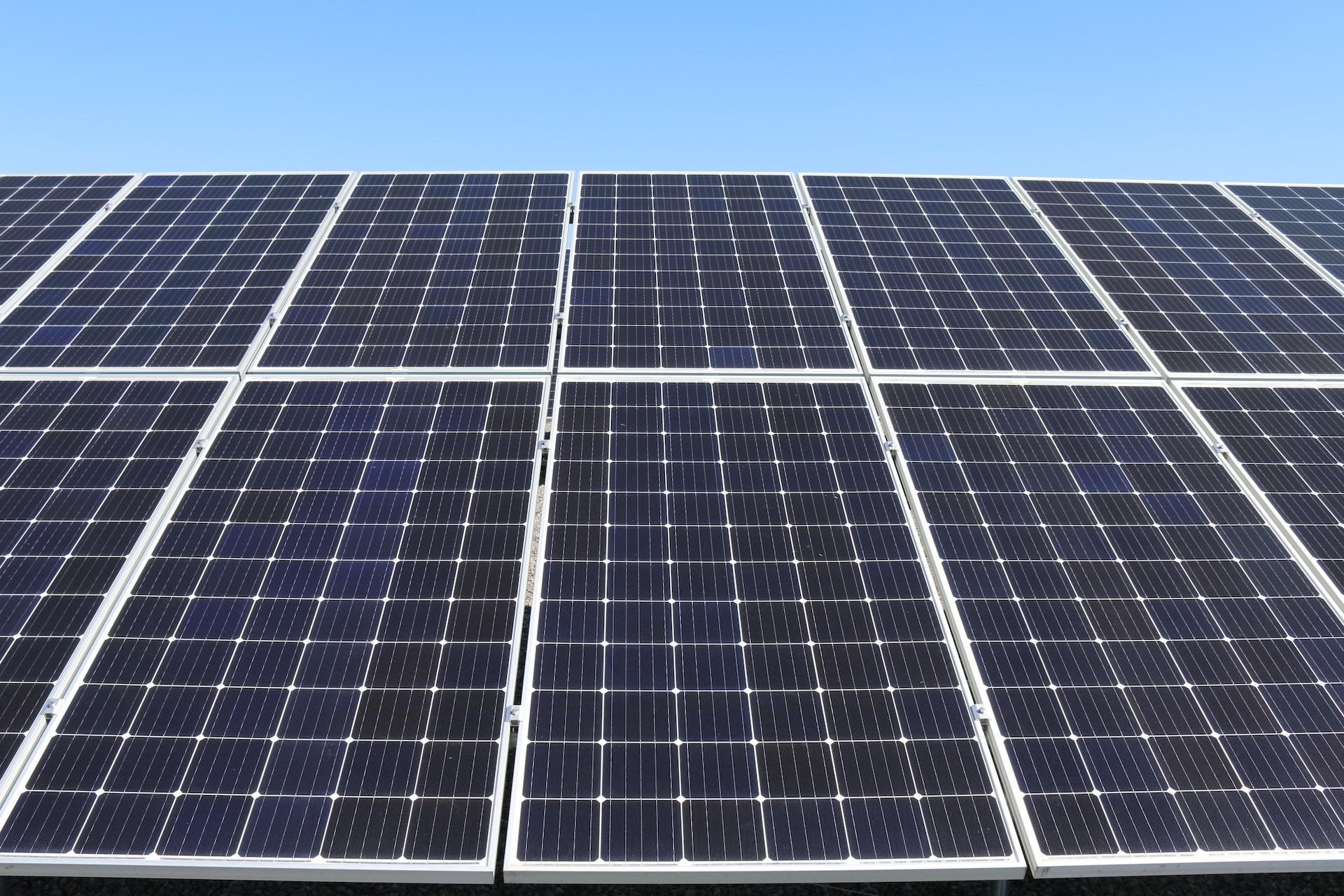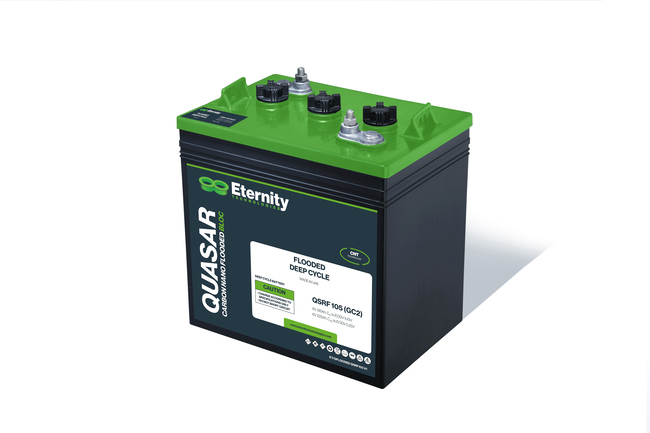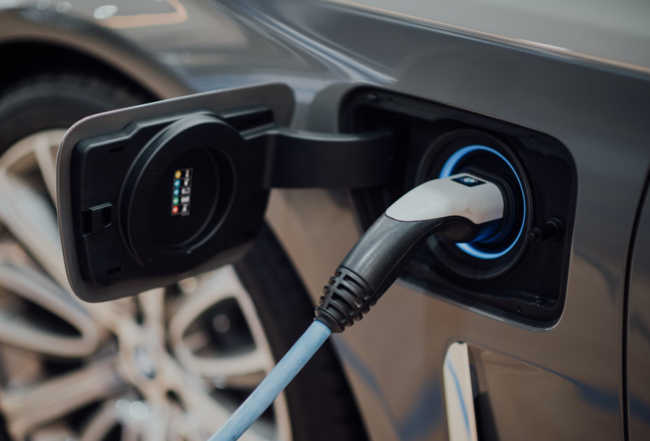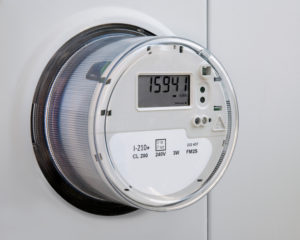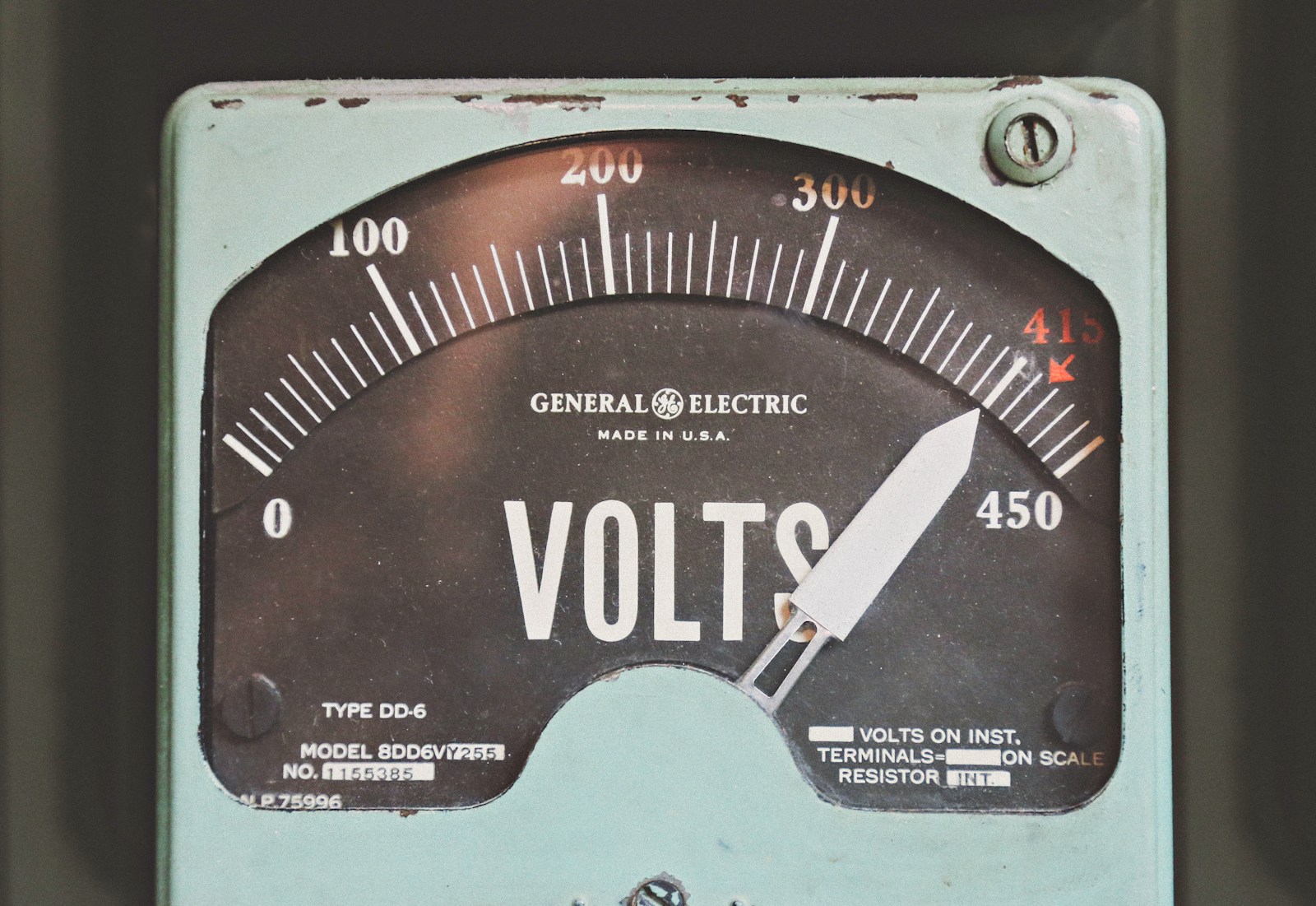There is a growing demand for solar energy as an alternative source of energy. Solar energy is becoming more and more popular on the globe and it has lots of benefits. Solar system installation is affordable, safe, and environmentally friendly.
The transition to solar will generate many jobs in emerging economies. Several countries in the world have experienced high levels of unemployment, and this development could also open a new employment frontier for the local inhabitants.
Solar energy can also be helpful to increase the quality of life in developing countries. Such efforts include expanding electricity to marginalized communities such as the outskirts and low-density areas. This will enhance the lives of the local population, boost the number of healthcare, and enrich the level of education.
Effective marketing strategies are vital for solar panels companies to develop leads and build a reputation in certain locations, as more people and businesses contemplate embracing solar alternatives.
The “sunshine state” of Florida promises unlimited opportunities for the use of solar power. The state is characterized by abundant sunlight the whole year round and hence a hotspot for the installations of solar energy projects. Solar companies in Florida need to tailor their marketing strategies to the specific needs and preferences of the local population.
In stark contrast to Florida, such states like Alaska face unique challenges in solar adoption due to its extreme climate and geographical location. That’s why even the best solar companies in Alaska craft marketing strategies that address these challenges and highlight the benefits of solar energy in such conditions.
Lead generation – a process of identifying and nurturing potential clients is one of the linchpins of successful solar panel marketing.
One significant strategy gaining traction is the integration of call tracking services. By employing software for inbound call tracking, solar companies gather vital information to enhance the lead generation process, helping identify the most profitable advertising channels and optimize marketing budgets.
Lead Generation for Solar Cells Sales
Lead generation is the process of kick-starting consumer curiosity about a company’s products or services. When it comes to producing leads in solar panel marketing, lead generation refers to those people or businesses that can convert into possible customers to buy solar installations. There are numerous strategies and ways to entice potential customers in this complex process. Lead distribution is very effective as it increases market penetration which translates into more sales opportunities. A consistent supply pipeline of leads sustains a business that grows continuously.
As such, targeted lead generation strategies could be more effective compared to blindly throwing one’s marketing messages to a wide audience. Marketing resources are not wasted but rather focused on the appropriate groups and individuals, which have a likelihood of installing the solar panels.
Solar panel marketing is more than selling a product. It’s about promoting a green lifestyle. Companies participate in the larger goal of encouraging clean living by generating leads with environmentally conscious consumers. Each solar panel installation is an action taken toward lower use of non-renewable energy sources. Proper lead generation would ensure more people and businesses get to know about the advantages of solar energy to collectively reduce the global carbon footprint.
One of the lead generation strategies that have gained significant traction is the integration of call tracking services. Through call tracking, solar panel companies can get vital information that will be helpful in the lead generation process.
![]()
Source: PerformanceIn
Call Tracking as an Effective Tool
Solar power is an important part of solar lead generation and calls are essential for its success. Picking up a phone in order to inquire about solar solutions shows the willingness of a potential customer. These contacts give an opportunity to answer questions, offer individual facts, and develop an understanding that normally is not easy to obtain through the Internet. Businesses use top call tracking solutions as a technology that enables them to give specific phone numbers to different marketing channels or campaigns. Then, these numbers direct incoming calls to the firm’s main line. Analyzing the call data helps a business to determine which channels are generating the most leads for it and then direct software-scarce resources towards the same. So solar companies use this sales distribution software to optimize lead distribution strategy.
By employing call tracking, solar companies can trace those incoming inbound calls to specific sales-driving channels. As a result, businesses will be able to quantify the return on investment of every campaign, thereby determining the most profitable advertising channels and optimizing marketing budget expenditure.
Marketers can know which parts of their campaign are attractive to a prospect through call tracking data. By doing this, solar companies will know which keywords, ads, or strategies attract phone calls.
Call tracking goes beyond just lead generation to enable you to uncover more about customers’ needs, wants, and preferences. Using the right lead distribution software and examining the call recordings and transcripts will aid in understanding what are the most prevalent questions, worries, and objections that customers hold. Consequently, they need to adjust their marketing and sales strategy so as to suit clients’ expectations.
Call tracking is not only useful in lead generation but also in lead qualification. Sales teams can prioritize leads by their conversion potential, leading to an effective sales process, by studying the nature of incoming calls.
Implementing Call Tracking in Solar Marketing
- Choose the Right Lead Distribution Platform: It is important to choose a credible call tracking platform. Identify factors like dynamic number insertion, real-time call analysis, and compatibility with other marketing tools.
- Assign Unique Numbers to Each Marketing Channel: Assign unique phone numbers to different marketing channels in order to ensure that you properly track the source of incoming calls. For instance, this could mean separate numbers for online adverts, social media campaigns, and content marketing, among others.
- Train and Equip Your Team: Call tracking implementation necessitates using the acquired information efficiently by your team. Make sure that your sales and marketing teams know how to read call data and use it to guide them.
To Sum Up, modern solar marketing necessitates unique approaches and advanced resources to gain an advantage over competitors. For example, call tracking is one such tool that has turned out an upend game in lead generation. Personal communication has great significance in the solar industry, and it is obvious that understanding the result of the calls has a direct influence on lead generation.
Solar marketers have come up with another useful weapon in their toolkit; call tracking. This new method of research is an unprecedented source of data regarding the effectiveness of different marketing channels. Using mobile phone call tracking data, solar companies can fine-tune their lead generation strategies as well as ensure smooth customer experiences with the view of fostering growth in a highly competitive environment. Incorporating call tracking into marketing is no longer an option as the solar industry expands; it is a must in an era of change.
